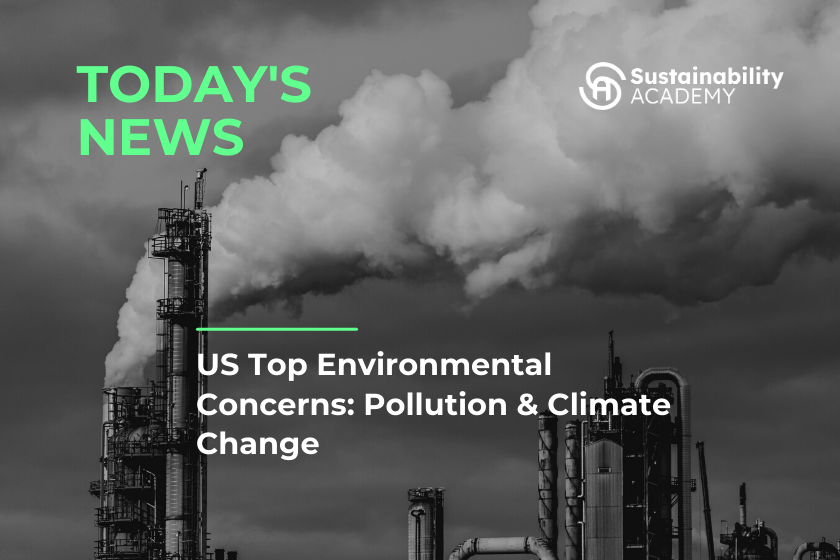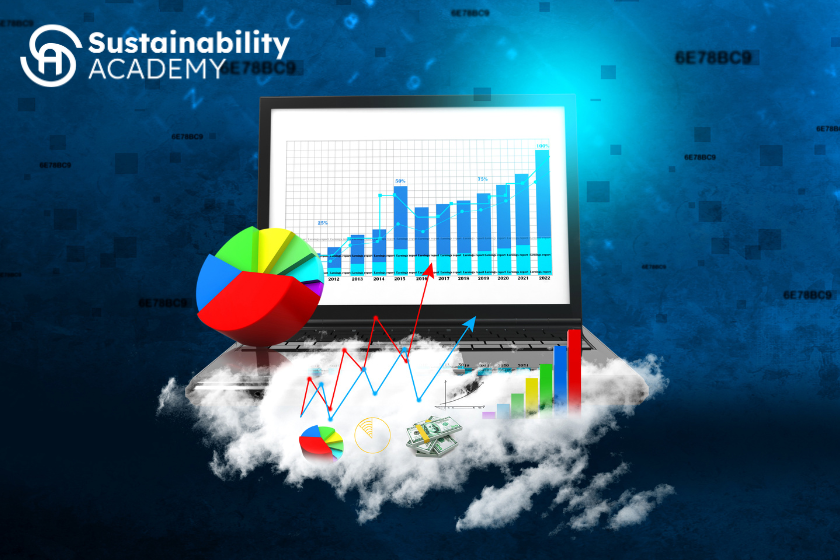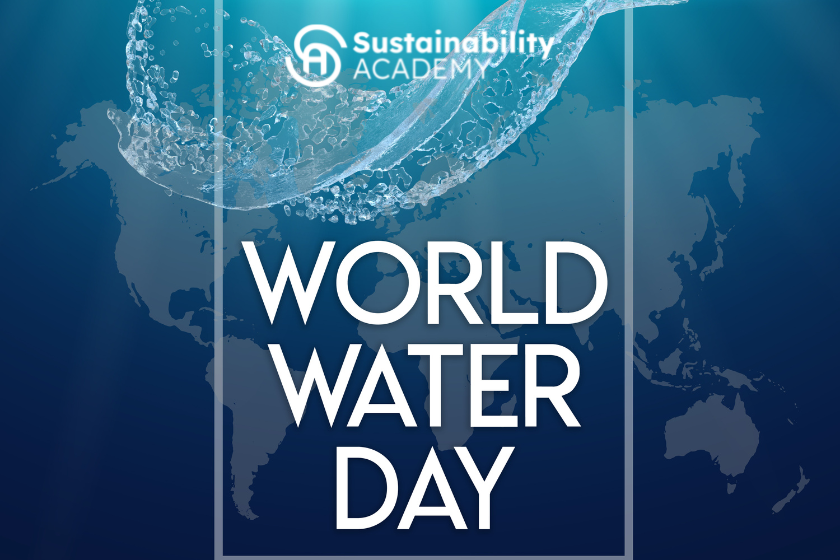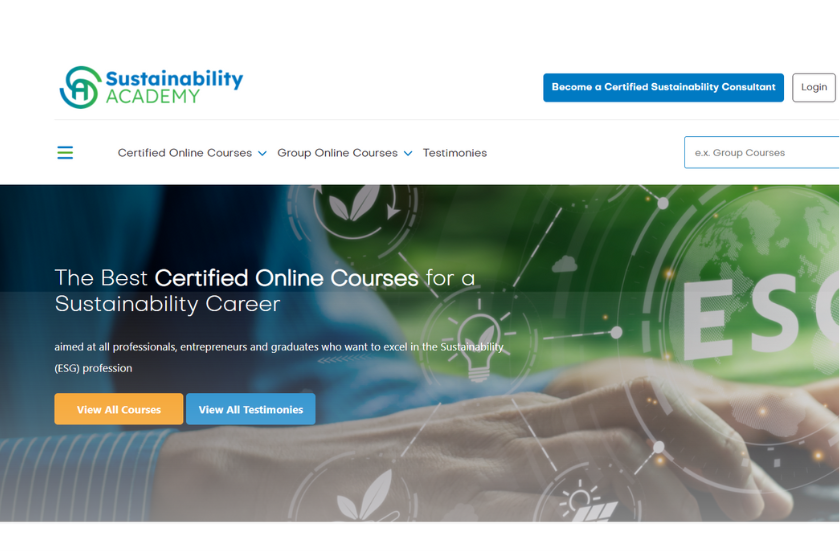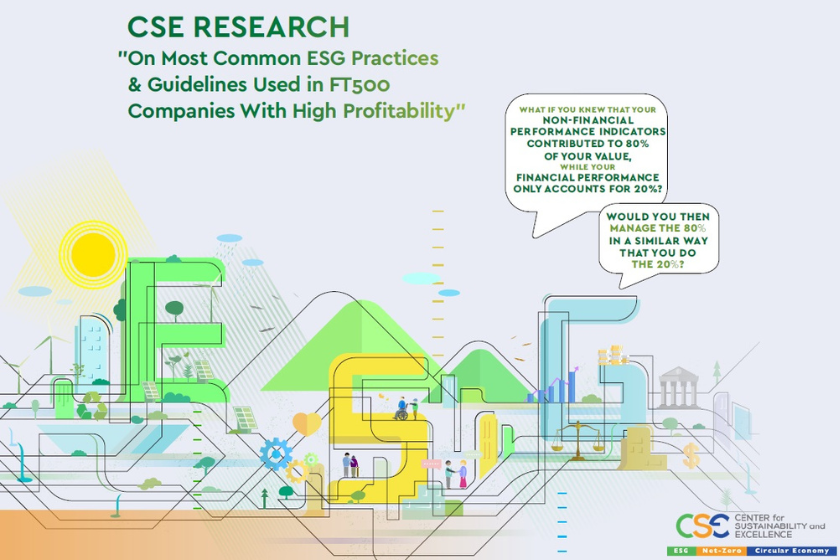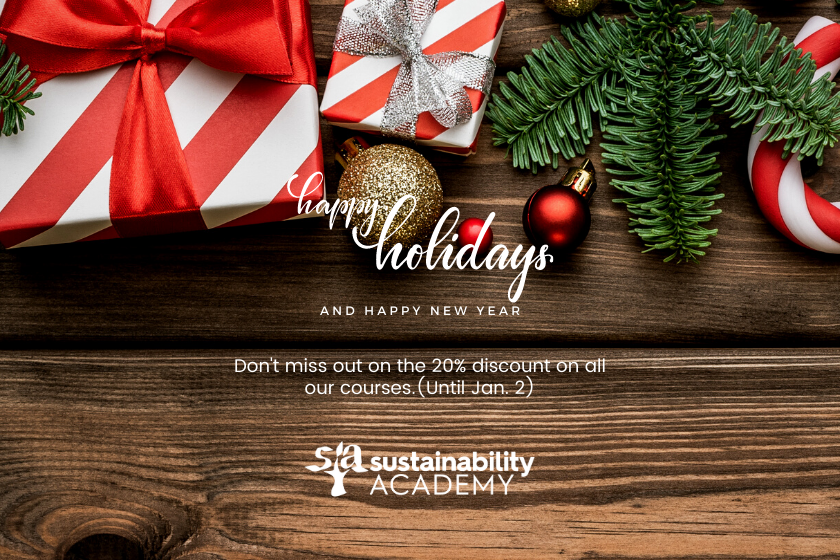US Top Environmental Concerns: Pollution & Climate Change
As the world grapples with pressing environmental challenges, the United States faces its fair share of issues. Such issues include water pollution, air pollution, plastics pollution, and climate change. These problems have far-reaching consequences for ecosystems, human health, and the planet as a whole.
In this blog , we will explore these environmental problems, their causes, and their consequences, highlighting the urgent need for action. Furthermore, we will conclude by introducing two online certificate courses that offer practical solutions for sustainability professionals in tackling these challenges head-on.
Water Pollution:
Water pollution is a pressing concern in the United States, affecting rivers, lakes, and groundwater sources. Industrial waste, agricultural runoff, and inadequate sewage treatment are major contributors to this problem. Chemical pollutants and excess nutrients, such as nitrogen and phosphorus, lead to harmful algal blooms and dead zones, impacting aquatic life and human health. Efforts to improve water quality involve stricter regulations, better wastewater management practices, and promoting eco-friendly farming techniques.
Air Pollution:
Air pollution poses a significant threat to public health in many American cities. Emissions from industries, power plants, vehicles, and other sources release pollutants like particulate matter, nitrogen oxides, and volatile organic compounds. These pollutants contribute to respiratory problems, cardiovascular diseases, and premature deaths. Addressing air pollution requires the adoption of cleaner energy sources, tighter emissions standards, and the promotion of sustainable transportation alternatives.
Plastics Pollution:
Plastics pollution has become an alarming issue affecting the environment, particularly oceans and marine life. Single-use plastics, such as bottles, bags, and straws, contribute to the massive accumulation of plastic waste in landfills and water bodies. Microplastics, resulting from the breakdown of larger plastic items, are also a concern. Mitigating this problem involves reducing plastic consumption, promoting recycling and waste management practices, and encouraging the development of sustainable alternatives.
Climate Change:
Climate change is one of the most pressing environmental challenges of our time, with far-reaching consequences. Rising global temperatures, extreme weather events, and sea-level rise threaten ecosystems, human health, and economies. The burning of fossil fuels for energy and deforestation are the main drivers of climate change. To combat this crisis, a transition to renewable energy sources, sustainable land management practices, and international cooperation is essential.
The environmental issues plaguing the United States, including water pollution, air pollution, plastics pollution, and climate change, require comprehensive solutions. Through the pursuit of the Online Certificate on Carbon Reduction and Net Zero Strategies and the Online Certificate on Circular Economy, individuals can actively contribute to mitigating these problems and fostering a more sustainable and resilient future. By equipping individuals with specialized knowledge and skills, these courses empower participants to become catalysts for change, driving sustainable practices and shaping a greener future.
For more information contact us at mailto:[email protected]

